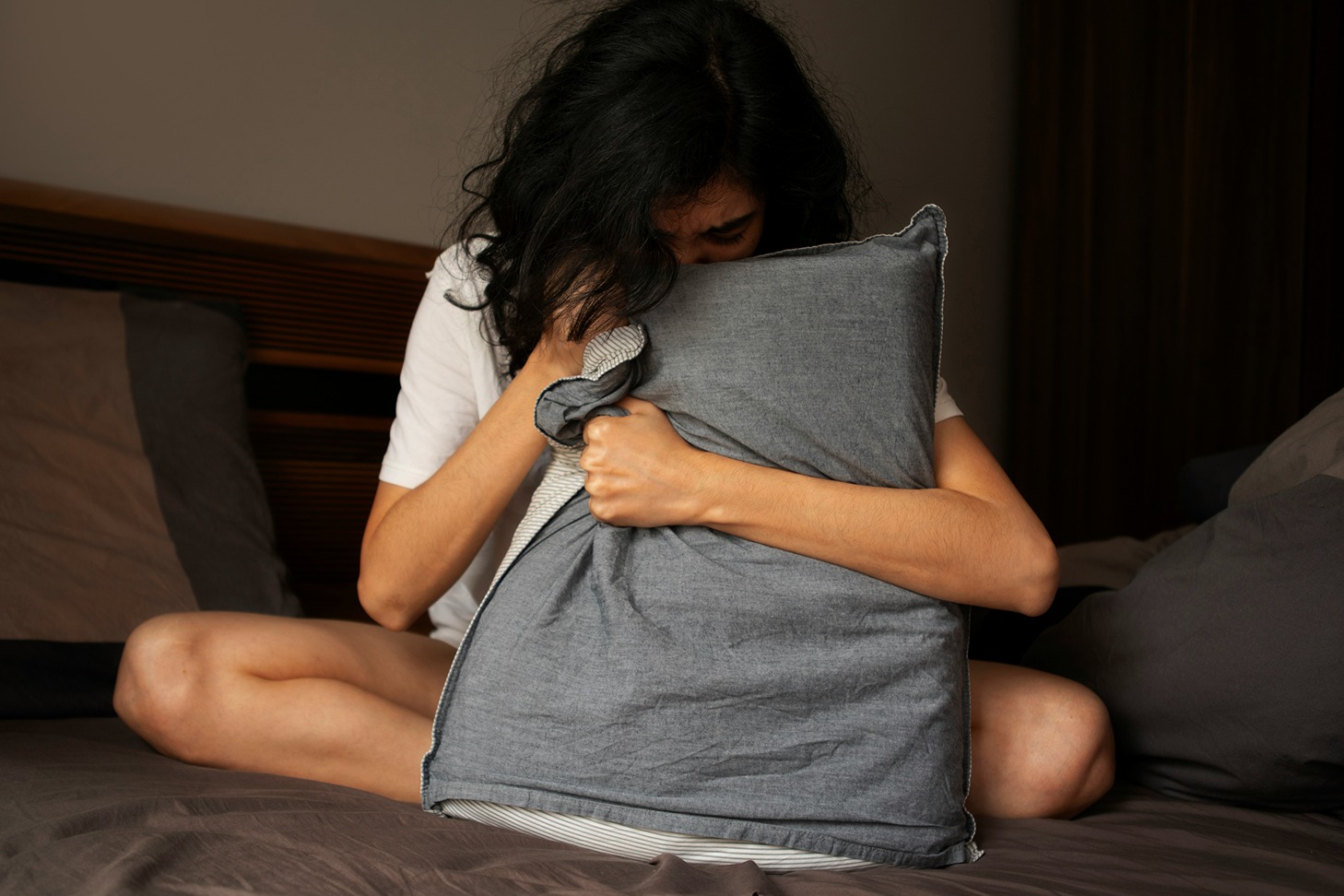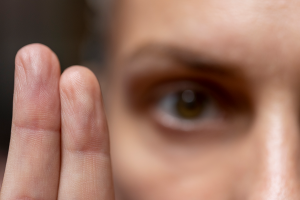Experiencing a panic attack can be incredibly overwhelming, both physically and emotionally. The sudden onset of intense fear, racing heart, shortness of breath, and feeling like you’re losing control can leave you drained afterward. Once the attack subsides, it’s important to focus on calming down and caring for your body and mind.
Here are some practical steps you can take to recover and find peace after a panic attack:
Practice Deep Breathing
Panic attacks often cause shallow, rapid breathing, which can intensify feelings of anxiety. After the attack, practice deep breathing to calm your body and reduce residual stress.
Try this Box Breath technique:
- Inhale for four counts.
- Hold the breath for four counts.
- Exhale for four counts.
- Hold again for four counts.
Repeat this several times to restore a sense of calm.
Engage in Grounding Techniques
Grounding exercises help bring your attention to the present moment, easing the lingering effects of the panic attack.These steps can help anchor you to the here and now, moving your mind away from the overwhelming sensations you just experienced.
A popular method is the 5-4-3-2-1 technique, which is based on focusing on each of your five senses:
- Acknowledge 5 things you can see around you.
- Identify 4 things you can touch.
- Notice 3 things you can hear.
- Recognize 2 things you can smell.
- Focus on 1 thing you can taste.
Get Comfortable
After a panic attack, your body may feel shaky or exhausted. Make sure to find a comfortable, quiet space where you can relax. Sit or lie down in a position that feels good, and give yourself permission to rest. Wrapping yourself in a blanket or having a cup hot tea can provide additional comfort and a sense of security.
Hydrate
Panic attacks can be physically draining, and they may leave you feeling dehydrated. Drinking water helps to rehydrate and soothe your body. Opt for a glass of water or a warm, non-caffeinated tea to help calm your nerves.
Acknowledge and Accept Your Experience
It’s important not to fight or deny the fact that you had a panic attack. Instead, acknowledge that it happened and accept that it’s okay to feel this way. Sometimes, people may feel embarrassed or fearful of having another attack, but self-compassion is key to recovery. Remind yourself that panic attacks are a natural response to extreme stress or anxiety, and you are not alone in experiencing them.
Engage in Light Movement
Gentle physical movement, such as stretching or taking a short walk, can help release residual tension in your muscles after a panic attack. If you’re up for it, a slow, mindful walk outdoors can also provide fresh air and a calming change of environment. The key is to listen to your body and not overexert yourself.
Use Relaxation Techniques
Incorporating relaxation techniques such as progressive muscle relaxation can help ease any lingering anxiety. This technique involves tensing and then slowly relaxing each muscle group in your body, starting from your toes and working your way up. By doing this, you release built-up tension and encourage calm.
Avoid Caffeine and Sugar
After a panic attack, it’s best to avoid stimulants like caffeine and sugary foods that could potentially increase your anxiety. Instead, opt for calming foods and drinks such as herbal tea, water, or a light, balanced snack to help your body and mind recover.
Focus on Positive Self-Talk
Your inner dialogue after a panic attack can influence how you feel moving forward. Replace negative or fearful thoughts with affirmations or positive self-talk.
For example:
- “I got through this, and I will be okay.”
- “This is a temporary feeling, and it will pass.”
- “I am safe now.”
These statements can help you build resilience and reduce the likelihood of anxiety about future attacks.
Reach Out for Support
Talking to someone you trust about your experience can provide emotional relief. Whether it’s a close friend, family member, or therapist at B’ham Anxiety & Trauma Therapy, sharing your feelings can lessen the weight of the panic attack. If panic attacks become frequent, it might be beneficial to seek professional help to explore underlying causes and develop coping strategies.
A panic attack can leave you feeling vulnerable, but knowing what steps to take afterward can make a huge difference in how you recover. Practicing calming techniques, accepting your experience, and prioritizing self-care will help you regain a sense of control. With time and patience, these strategies can help you feel more confident in managing panic attacks and reducing their impact on your life.
For more help with anxiety and panic attacks and working toward decreasing their frequency and intensity, call BATT at 205-807-9874 to set up an appointment with one of our therapists.







